Understanding the Different Types of Therapy Available
In a fast-paced world, mental health has emerged as a significant concern, with many individuals seeking effective ways to address and manage their psychological well-being. Therapy, a cornerstone of mental health treatment, offers a structured approach to tackling these issues. Over recent years, there has been a notable increase in the acceptance and utilization of therapy as a viable treatment option for various mental health conditions. This growing acceptance reflects a broader understanding of mental health's impact on overall well-being. Each of these therapies contributes uniquely to enhancing the quality of life for those dealing with mental health challenges. As mental health awareness continues to rise, so does the variety of therapeutic options tailored to meet diverse needs. Choosing the right type of therapy can significantly influence the effectiveness of treatment and overall recovery.
Cognitive-behavioral therapy (CBT)
Cognitive-behavioral therapy, commonly known as CBT, focuses on identifying and altering negative thought patterns that
can lead to emotional distress and maladaptive behaviors. CBT is particularly effective in addressing issues such as anxiety, depression, and post-traumatic stress disorder (PTSD). The therapy is highly structured, emphasizing goal-setting and problem-solving techniques that empower individuals to take control of their mental health. Research supports the efficacy of CBT in treating various mental health issues.
An individual who benefited from CBT shared their experience, stating, "CBT helped me recognize the patterns in my thinking that were contributing to my anxiety. Through structured sessions, I learned practical strategies to manage my thoughts and improve my mood."
CBT's adaptability makes it suitable for both short-term and long-term interventions, allowing therapists to tailor the approach according to the patient's needs. The skills learned in CBT sessions often have lasting effects, equipping individuals with tools to handle future challenges effectively.
Psychodynamic Therapy
Rooted in the principles of psychoanalysis, psychodynamic therapy focuses on exploring unconscious processes and past experiences that influence current behavior. This therapeutic approach is often employed to address personality disorders and unresolved trauma. Unlike CBT, psychodynamic therapy tends to be more in-depth and long-term,
allowing individuals to gain insights into the underlying causes of their mental health issues.
One person who underwent psychodynamic therapy recounted, "The therapy provided me with a deeper understanding of how my past shaped my present. It was a transformative experience that helped me process unresolved emotions." Psychodynamic therapy's depth and duration can be both a strength and a limitation, as it requires a significant time commitment and may not be suitable for those seeking immediate results. It relies heavily on the therapeutic relationship, making the selection of a compatible therapist crucial for success.
Acceptance and Commitment Therapy (ACT)
Acceptance and Commitment Therapy, or ACT, encourages individuals to accept their thoughts and emotions rather than struggle against them. This approach is particularly useful in treating conditions such as chronic pain, anxiety, and depression. ACT is unique in its emphasis on values-based living and mindfulness,
helping individuals align their actions with their core values.
A narrative from someone who experienced positive changes through ACT highlights its impact: "ACT taught me to accept my feelings without judgment. By focusing on my values, I was able to make meaningful changes in my life and reduce my anxiety." ACT's focus on mindfulness and acceptance provides a holistic approach to mental health, fostering resilience and adaptability. Its applicability to a wide range of conditions makes it a versatile option for many individuals.
The Heart of Therapy: Exploring Additional Approaches
Beyond CBT, psychodynamic therapy, and ACT, several other therapeutic approaches cater to diverse needs. Art therapy, for instance, uses creative expression as a means to explore emotions and foster healing. Similarly, group therapy offers a supportive environment where individuals can share experiences and gain insights from others facing similar challenges.
Family therapy focuses on improving communication and resolving conflicts within family units, highlighting the interconnectedness of individual and relational well-being. Each of these therapies contributes uniquely to the dynamic duo of personal growth and mental health management.
Comparing Therapy Effectiveness
Comparing the effectiveness of different therapy types presents several challenges. Research findings indicate that the effectiveness of therapy can vary based on the specific condition being treated. Factors such as duration, cost, and therapist availability also influence therapy outcomes. Personal preferences and individual needs are critical in determining which therapy will be most beneficial. Each person's mental health journey is unique, and what works for one individual may not work for another.
The success of therapy often hinges on the therapeutic alliance between the therapist and the client, underscoring the importance of finding a compatible therapist. Therapy effectiveness is a complex interplay of various factors that require careful consideration.
Making an Informed Decision
Choosing the right type of therapy requires careful consideration of individual needs and circumstances. Consulting with mental health professionals is crucial in tailoring therapy options to suit specific requirements. In the digital age, telemedicine has become an essential tool, providing increased accessibility to therapy services, especially in urban areas like Miami, New York, and Austin. When selecting a therapeutic approach, consider factors such as the nature of the mental health issue, therapy goals, and the availability of qualified therapists. Individuals should assess their readiness for therapy, as motivation and commitment are vital components of successful outcomes. By exploring different options and seeking professional guidance, individuals can embark on a transformative journey toward improved mental health.
Therapy plays an essential role in addressing mental health issues and improving quality of life. By understanding the different types of therapy and their applications, individuals can make informed decisions about their mental health care. Whether it's CBT, psychodynamic therapy, or ACT, the right therapeutic approach can provide valuable support on the path to mental well-being. Exploring other therapeutic options can enrich this journey, offering a diverse array of tools to navigate the complexities of mental health.
For more information or to explore therapy options tailored to your needs,
contact Vital Psych MD today. Our team is dedicated to providing compassionate and personalized care to support your mental health journey.










Connect With Us
PHONE
BUSINESS HOURS
Monday to Friday 9 am - 5 pm EST

We provide high quality comprehensive mental heath care to individuals ages 6 and up. The company was founded by Dr. Kalvin Kapoors in 2022 in Miami, FL and is now able to offer services in several states in the US with sattlite offices in NYC and Austin, Texas.
Vital Psych MD Miami
66 West Flagler Street, Suite 900,
Miami, Florida 33130, United States
Vital Psych MD New York
167 Madison Avenue, Suite 205,
New York, New York 10016, United States
(347) 676-0093
